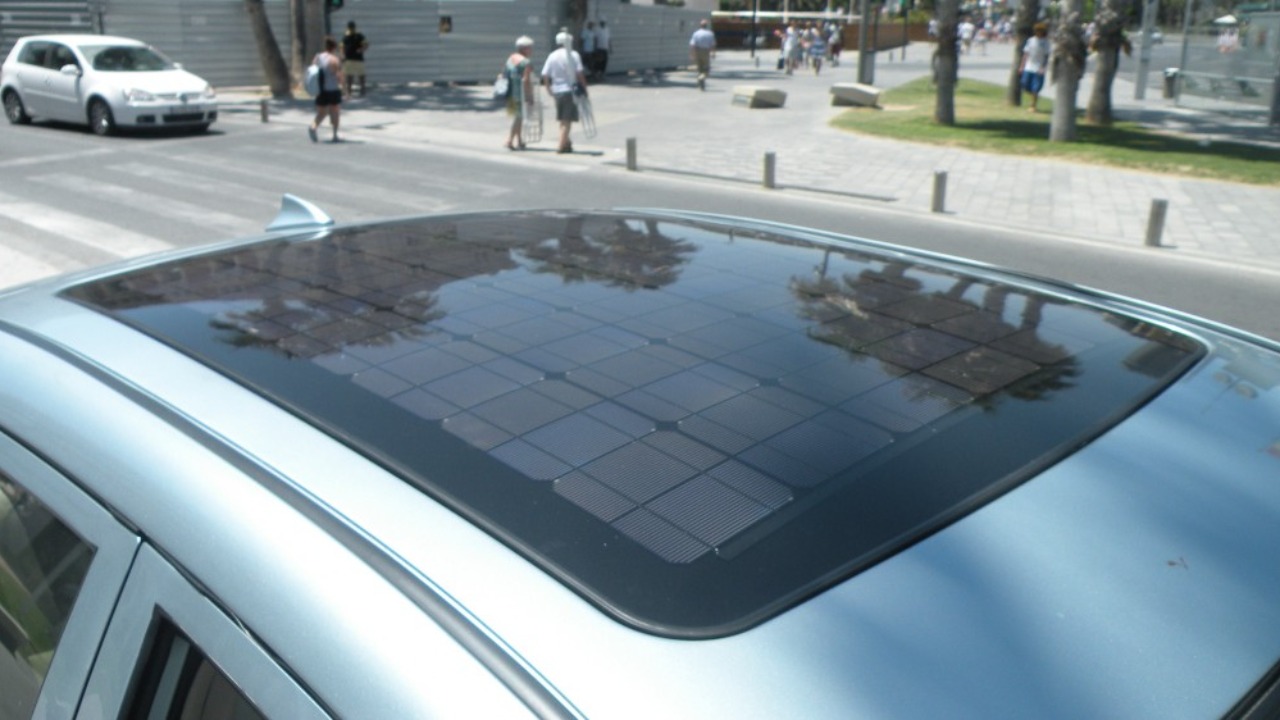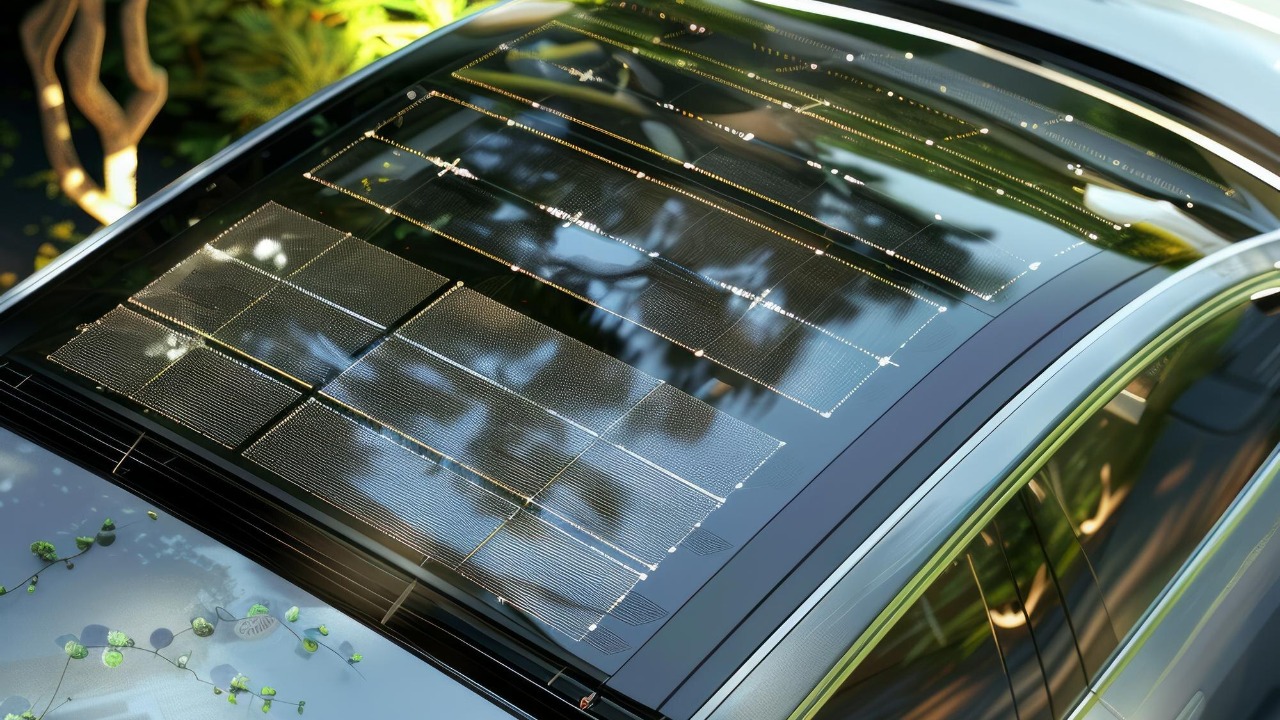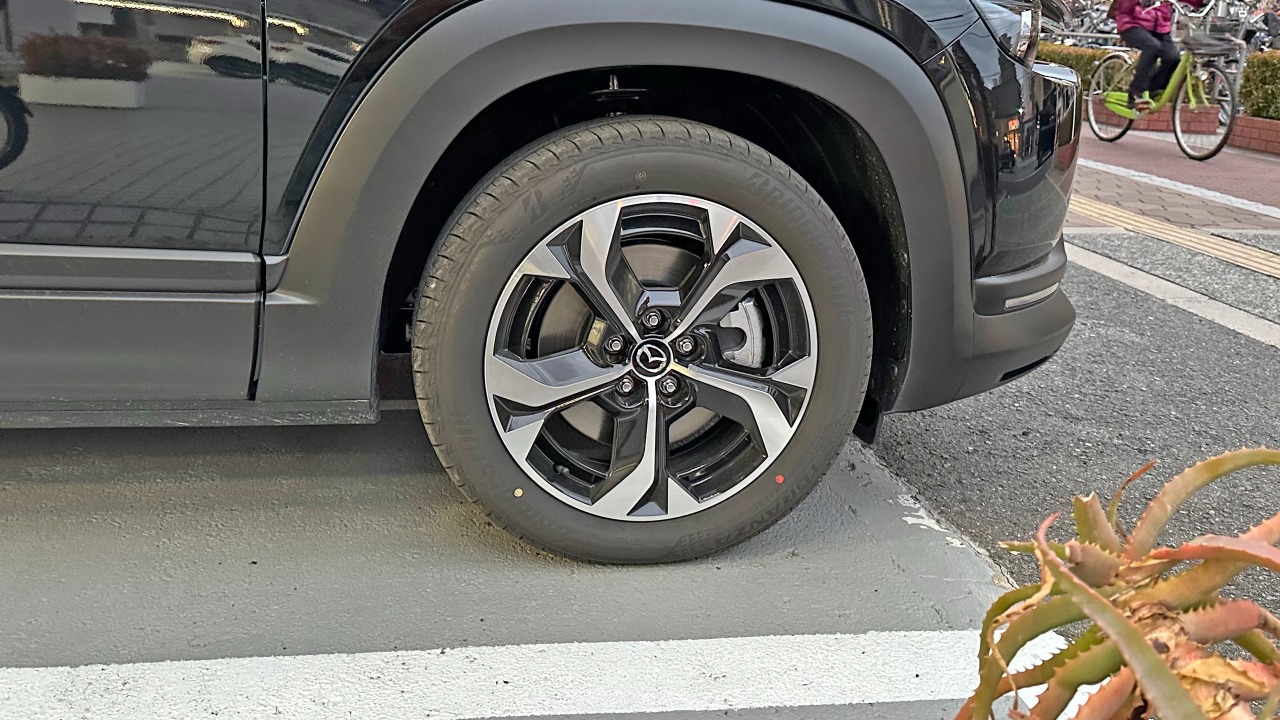
With the surge of the electric vehicle (EV) market, automakers are venturing into creative methods to enhance the driving range of these environmentally friendly vehicles. One such innovative approach under consideration is the incorporation of solar roofs, which could potentially add significant mileage to EVs.
Understanding Solar Technology in Automotive Applications

Solar technology in cars operates by converting sunlight into electricity, which can then be used to charge the vehicle’s battery and power its systems. This technology offers numerous benefits, including the ability to generate power on the go, reduce dependency on charging stations, and potentially extend the vehicle’s range. However, there are also challenges to consider. These include the cost and efficiency of solar panels, the availability of sunlight, and the surface area available on a car for installing the panels.
A closer look at Lightyear’s solar panel technology reveals how the company is addressing these challenges. By optimizing the efficiency and design of their solar panels, they aim to make solar-powered cars a feasible option for the mass market.
Case Study: The Range-Extended Ram Ramcharger

An interesting case study in this field is the Ram Ramcharger, an electric vehicle equipped with a solar roof. This unique feature enables the vehicle to generate its own power and increase its range considerably. The Ramcharger’s performance has been highly praised, with positive reviews highlighting its extended range and off-grid capabilities.
Details about the Ram Ramcharger’s performance reveal that the solar roof contributes significantly to its extended range. This real-world application of solar technology in EVs demonstrates the potential of solar roofs to enhance the viability and performance of electric vehicles.
Advancements in Solar Roof Technology

Advancements in solar roof technology for EVs are continually emerging, with researchers and companies striving to increase the efficiency and effectiveness of solar panels. These improvements range from developing more efficient solar cells to designing better integration systems that allow the panels to blend seamlessly into the vehicle’s design.
An article on Yahoo Autos discusses these advancements in more detail, highlighting how they could potentially extend the driving range of electric vehicles. As solar technology continues to evolve, we can expect to see even more innovative applications in the automotive industry.
Role of High-Performance Tires in EV Range Extension

While solar technology plays a crucial role, other factors can also contribute to extending the range of EVs. High-performance tires, for instance, can significantly affect an EV’s range. These tires are designed to reduce rolling resistance, thereby improving the vehicle’s efficiency and potentially extending its range.
A closer look at Enso’s premium tire range reveals how tire technology can complement solar roof technology in EVs. By combining these technologies, automakers can further enhance the performance and range of electric vehicles.
Scientific Research Supporting Solar Roofs in EVs

Scientific research provides substantial evidence supporting the use of solar roofs in EVs. Studies show that integrating solar panels into vehicles can increase their range, reduce their dependence on charging infrastructure, and lower their carbon emissions.
A recent study published in Heliyon discusses the potential and challenges of using solar energy in electric vehicles. The study concludes that solar roofs can play a significant role in the future of the automotive industry, particularly in terms of improving the range and sustainability of electric vehicles.